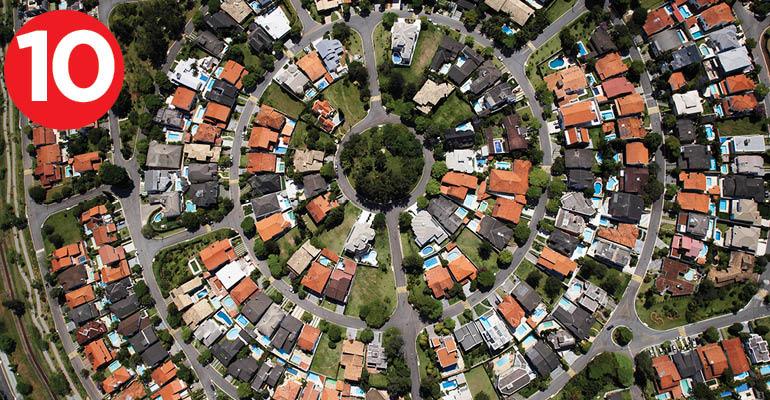- Hudson’s Bay Reaches Agreement with Activist Investor Litt on Rhone Investment “Canadian retailer Hudson’s Bay Co (HBC) said on Friday it reached an agreement with shareholder Land & Buildings, under which the activist investor would withdraw its appeal against the conditional approval given for an investment by Rhone Capital.” (Reuters)
- Private Equity Opportunities Rise in High-Net-Worth Sector “Access to private plays for accredited investors have increased in recent years, and some financial advisors are using this as a point of differentiation for their practices.” (CNBC)
- Investor Still Pursues Distressed Las Vegas Real Estate “After the real estate market crashed last decade, investors swooped in for the leftovers. They bought cheap houses in bulk to turn into rentals and snapped up abandoned projects at steep discounts. The bargain hunters included Ofir Hagay, who, with partners, bought partially built projects in Las Vegas, finished construction and signed tenants. Today, beat-up, discounted properties are largely gone from the valley, but Hagay is still going after distressed real estate.” (Las Vegas Review-Journal)
- The Great American Single-Family Home Problem “Building more housing, more densely, could help address a widespread economic challenge. A fight over one lot in Berkeley, Calif., shows how tough that could be.” (The New York Times)
- New York City Council Halts Midtown Tower Construction “Work on an 800-foot-tall tower in East Midtown that has been under construction for six months was halted last week following a vote by the New York City Council to limit skyscrapers in the area, in a win for a grass-roots group that sought to block the project.” (Wall Street Journal, subscription required)
- Digital-Currency Fever May Spread to Federal Reserve “It is time to start thinking about Fedcoin. For years central bankers have seen digital currencies as a curiosity to keep an eye on. But now they are increasingly looking at whether they should create their own.” (Wall Street Journal, subscription required)
- Walmart and Amazon Are Locked in a Bitter Retail War — But They’re Becoming Clones of Each Other in the Process “As Walmart and Amazon become fiercer competitors, they're starting to look more and more like each other. Walmart continues to move its business online as Amazon moves offline, and they're becoming the first two truly omnichannel retailers in the process.” (Business Insider)
- Billionaire Backlash “From the Saudi crackdown to the Paradise Papers, how global political turmoil could blunt the flow of capital into NYC real estate.” (The Real Deal)
- The Latest Sour-Grapes Low in Abusing the City Landmarking Laws “It took the city five years to rescue rotting East Midtown by rezoning it for 21st century office use. And it took architectural nitpickers barely a month to turn back the clock — trying to block plans to modernize the lower portion of 550 Madison Ave., the former Sony Building.” (New York Post)
Jobs, Population Growth Sustain Demand in San Jose “Silicon Valley remains the nation’s top tech hub, as well as a strong multifamily market, although rent growth has been on a roller coaster ride.” (Commercial Property Executive) - Moody’s Warns Cities On Climate Change: How Will This Impact Property Owners? “In a recent report to clients, Moody's said it now considers a city’s climate change provisions when it issues credit ratings for state and local bonds. Those markets that do not have plans in place risk default if they are hit with rising water or intense storms.” (Bisnow)
0 comments
Hide comments

